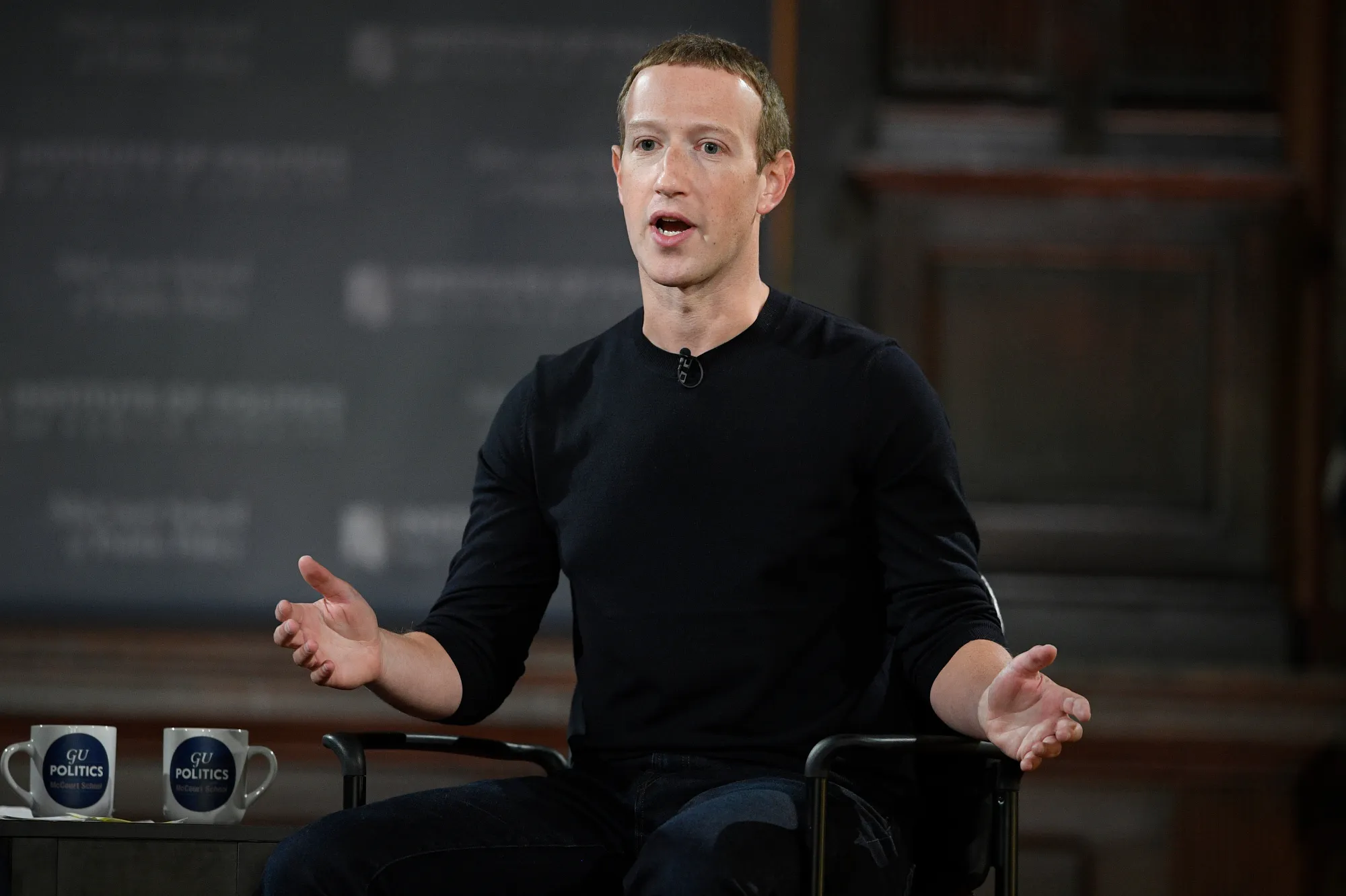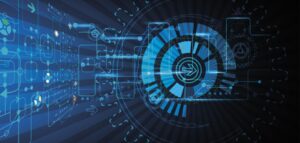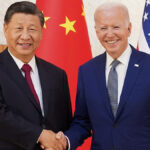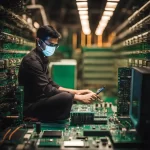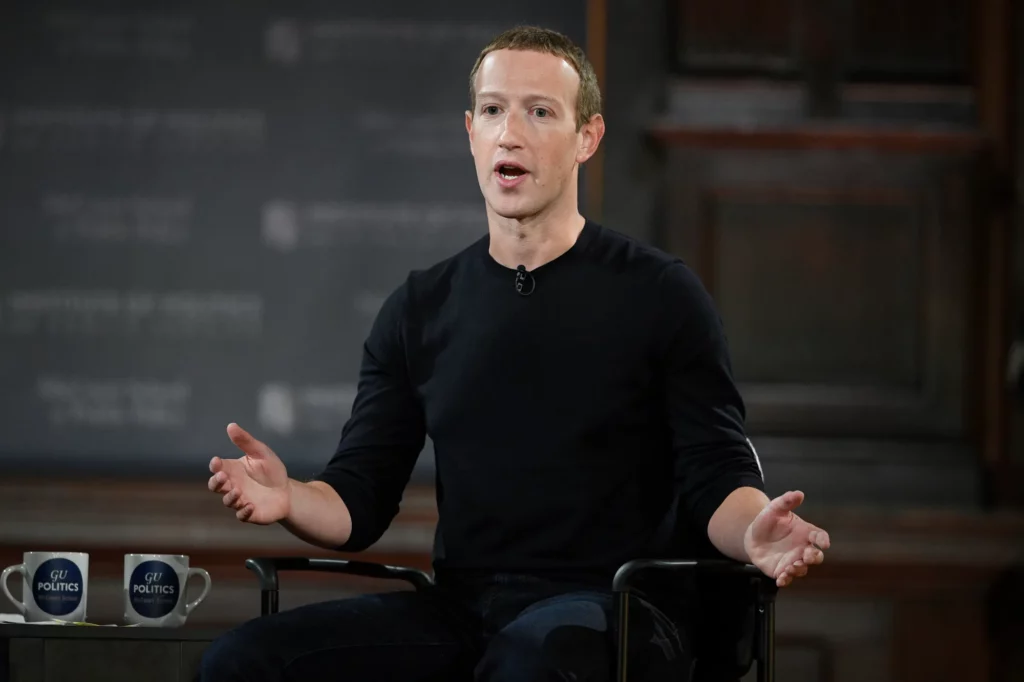
Meta’s CEO, Mark Zuckerberg, recently sat down for a thought-provoking interview on the Dwarkesh podcast. The conversation covered a wide range of topics related to Artificial Intelligence (AI), offering valuable insights for anyone interested in the future of this rapidly evolving field. Here are 9 key takeaways from the interview:
Follow us on LinkedIn for everything around Semiconductors & AI
1. The Rise of Multi-Agent Collaboration
Zuckerberg believes that AI agents, like those being developed at Meta, will increasingly need to learn how to interact and collaborate with each other. This trend is already emerging, with companies like Meta, Notion, and Microsoft all building their own AI tools. Instead of entirely new software products, we can expect AI integration to occur across existing platforms, fostering a more interconnected ecosystem.
2. Smaller, Focused AI for Everyday Tasks
Zuckerberg acknowledges the gaps in current AI development and sees potential in smaller, more focused models for everyday tasks. These models, with context capabilities ranging from 18 million to 500 million parameters, would be able to run offline on devices like smartphones. This could significantly democratize AI usage, making it more accessible to a wider range of users.
3. AI’s Evolutionary Leap Mirrors the Computing Revolution
Zuckerberg compares the current stage of AI development to the early days of the computing revolution. Just as computers fundamentally changed the world in a relatively short period, AI promises to bring about even more transformative changes in the next 5-10 years. This comparison encourages us to consider the profound impact AI will have on various aspects of our lives.
4. A Gradual Path to Artificial General Intelligence (AGI)
Contrary to sensationalized narratives for the imminent arrival of super-intelligent AI, Zuckerberg believes the development of AGI will be a gradual process. This slower pace allows for smoother societal integration and the implementation of necessary safeguards to mitigate potential risks.
5. Open Source AI for Widespread Development
Zuckerberg argues that the potential dangers of a single entity controlling a powerful, closed-source AI system far outweigh the benefits. He strongly advocates for open-source AI frameworks. Open-source allows for broader deployment, collaboration, and ensures developments are shared widely, preventing any one company from monopolizing AI technology.
6. The Human Factor: The Source of the Threat
According to Zuckerberg, the most immediate threat posed by AI is not the technology itself, but rather humans misusing it for malicious purposes. People are often worried about super-intelligent AI (AGI) that’s not controlled. But Zuckerberg says there’s a bigger danger right now. Malicious actors (bad people) could take advantage of weaknesses in AI systems. They could do this for their own benefit.
7. The Constant Battle Between Good and Bad AI
Zuckerberg emphasizes the ongoing arms race between AI designed to prevent harm and malicious AI seeking to exploit weaknesses in security systems. He uses the example of social media platforms like Facebook, where continuous innovation is crucial to stay ahead of evolving threats and keep malicious actors at bay.
8. Open-Sourcing the 10 Billion Parameter Model
In a significant announcement, Zuckerberg confirmed Meta’s commitment to open-source development by revealing their plans to open-source their highly anticipated 10 billion parameter AI model. This move further underscores their dedication to transparency and collaboration in the field of AI research.
9. Closed Ecosystems Stifle Innovation
Mark Zuckerberg criticizes the closed-source nature of platforms like Apple’s App Store and Google’s Play Store, arguing that they stifle innovation. He highlights the importance of open ecosystems that foster competition and creativity, ultimately leading to faster progress in technological development.
Conclusion
Mark Zuckerberg interview offers a valuable glimpse into the future of AI, highlighting both its potential and the challenges we face.

